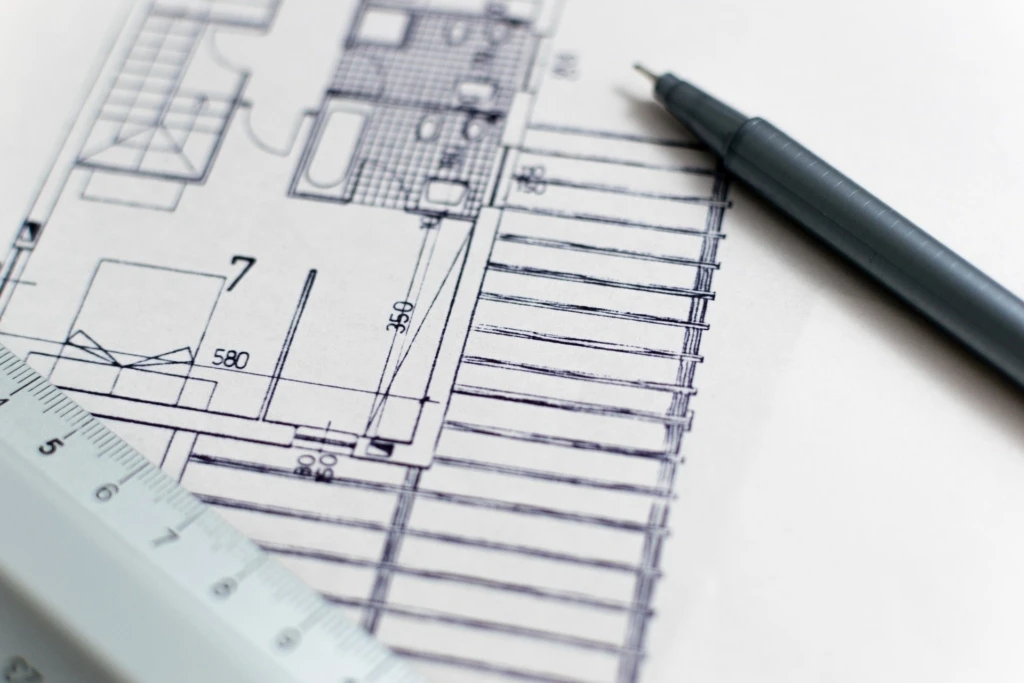Rent and Additional Costs – Which Additional Costs Should a Tenant Pay?

Often it is assumed that when renting an apartment, all incidental costs associated with the apartment must be paid. One reason for this is the active rental market and the fear of losing a rental apartment when pursuing one's rights. Should one then rather pay silently or stand up for one's rights? This topic has been discussed many times in internet forums, but repetition is the mother of wisdom.
Tenants should not turn a blind eye and pay for expenses that are not their obligation to cover. Considering that a renovation fund or loan payment is usually a quite significant portion of the utility bill, a rather substantial sum accumulates over the year. Often people turn a blind eye anyway, because the rental market is very active and the rule applies that first come, first served. However, in such a case it would be more sensible to expand one's search boundaries, because a cheap rental price at first glance can turn out to be more expensive when combined with various fees and additional costs than a more expensive rental apartment with a higher initial price that does not incur additional fees.
Looking at how quickly rental homes disappear from the market, no attempt is made to dispute the apartment owner regarding the renovation fund or loan payments. This is because on the current market there are more people wanting to rent than there are apartments, and if a tenant is not willing to pay that portion of the utility bill, the market will immediately find another person who is willing to pay that part. People do not want to miss their opportunity if they have found such a home where they would like to spend a few years.
A tenant is obligated to pay incidental costs. Incidental costs include expenses that are directly related to the use of the property (payment for water, heating or electricity usage). All costs that do not have a direct connection to the use of the property are not incidental costs and their reimbursement cannot be demanded from the tenant. These include, for example, the apartment's renovation fund or loan installment payments, and this is because these are not directly related to the use of the property, but are aimed at preserving the owner's assets and increasing their value.
It is always possible to agree otherwise in writing, but even then such an agreement is void, as it is a deviation from the law in the tenant's disfavor and therefore void in the eyes of the law (Obligations Act § 275). Although the Tallinn Rent Commission has also made different decisions regarding rental disputes. There have been situations where the rent commission found that since the tenant did not make clear the necessity of paying the obligation, but had been paying it over the years, then claiming back the renovation fund payments could actually harm the landlord instead, and therefore left the claim unsatisfied. Therefore, it is important to make clear from the beginning what you are willing to pay for and what you are not.

Another topic that can be classified here is the "informal" rental of apartments. The declaration of income from renting out apartments and the payment of income tax on it is the responsibility of the landlord in Estonia in the case of individuals. However, this tax addition tends to be added to the rental price, which is why it is very important that the tenant asks before concluding the contract whether the owner pays taxes on the apartment or not and whether this is already taken into account in the rental price. Many landlords prefer to receive rent in cash or sent through a parcel machine, which is all the more reason to clarify this.
Paying taxes is not to anyone's liking. Rather, it is a matter of each person's conscience and taking into account society's behavioral norms, it would be fair to pay them. Non-payment carries its own risks, and one risk is getting caught. In such a case, you must pay the unpaid income tax afterwards, plus a fine and interest. Therefore, there is always a risk that in case of problems, a tenant could use the non-payment of taxes against the landlord.
The rental market is difficult to control. Various ways are devised to avoid paying taxes. A new tax benefit for the rental market came into effect from 2016, under which 16% income tax must be paid instead of 20%.
In the final analysis, it remains up to each individual to decide whether to stand up for their rights or to go with the flow of the active rental market. Most importantly, it is still the case that all tenants and landlords should be happy, the process should go smoothly for both parties, and every home should find warmth in the form of nice people.
Explore rental apartments HERE
Article source: Arco Vara




